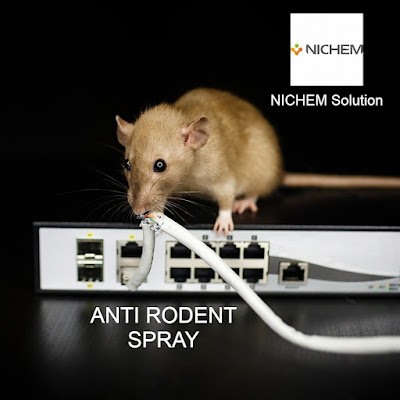Rats and other rodents can cause damage to vehicles by chewing through wires and nesting in engine compartments. To deter rats from entering cars, people often use various types of rat repellent methods, such as:
Natural repellents: Some people use natural substances like peppermint oil, cloves, or other essential oils known to be unpleasant to rodents. These are typically sprayed around the car's engine bay or placed on cotton balls inside the vehicle to create a deterrent scent.
Ultrasonic repellents: There are devices that emit ultrasonic sound waves that are claimed to be irritating to rats and can discourage them from entering the car. These devices are plugged into the vehicle's power outlet (cigarette lighter) and emit high-frequency sounds that are supposed to be inaudible to humans.
Electronic repellents: Similar to ultrasonic repellents, electronic repellents may emit high-frequency electromagnetic signals designed to repel rats and other pests.
Chemical repellents: Some commercial products contain chemical ingredients that are intended to act as a repellent to rodents. These can be in the form of sprays or pouches that release the scent over time.
It's important to note that the effectiveness of these repellents can vary, and there is no guarantee that they will entirely prevent rats from entering your car. If you're facing a persistent rat problem, it's advisable to seek professional help or consult with an automotive expert who specializes in dealing with pest issues in vehicles.
No Entry Rat Repellent is a smell and taste based product, which prevents rats from getting close to the car engines especially the cables. The bitter taste is the second level of defense built in the product, which prevents rats from reattacking the object.


Comments
Post a Comment